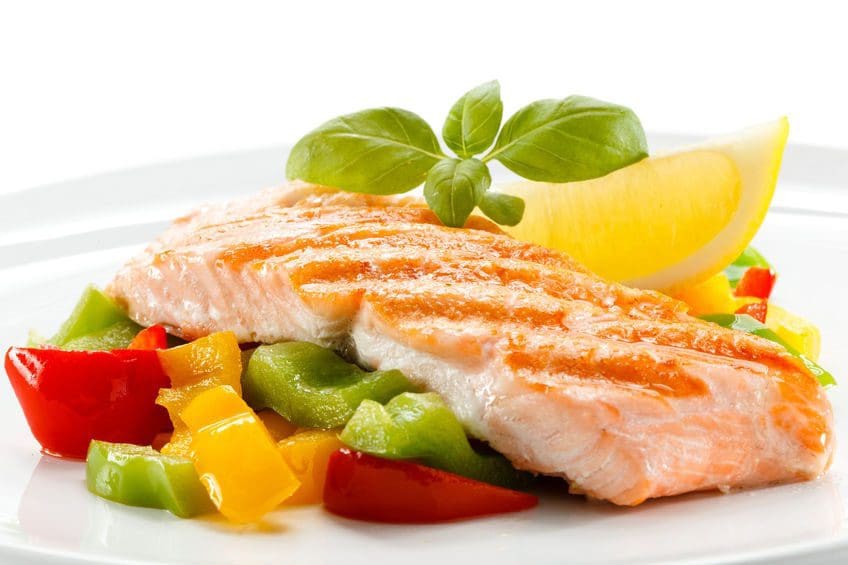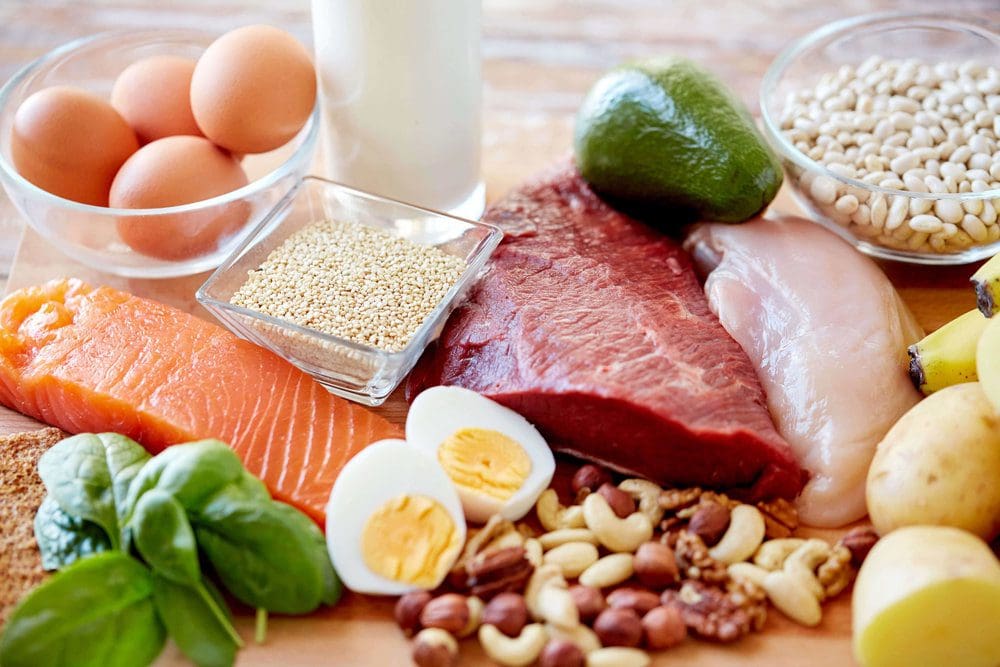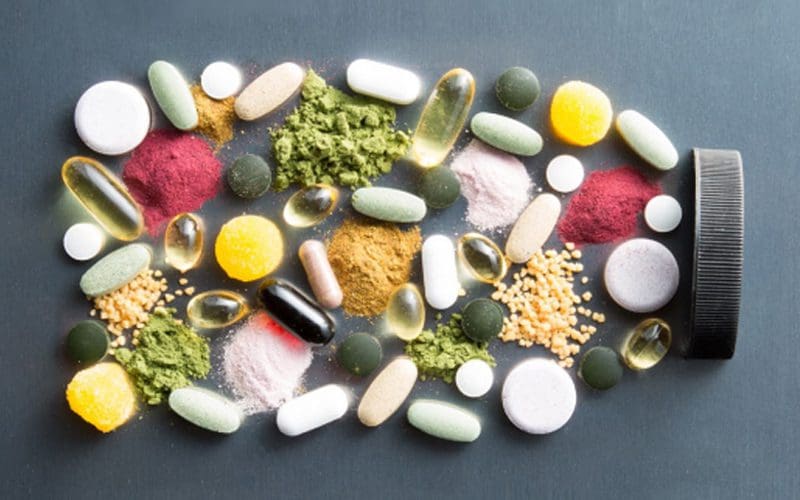Getting back to the house and eating a regular meal post a spinal operation is one of those moments when more is better. This means more:
- Calories
- Protein
- Healthy foods to help the body recover quicker
The time after neck or back surgery is not only a time for the spine to heal, but for the entire body to go through a recovery process. It is a generally slow progression, but once you are able to eat normally, a high-quality diet/meal plan will help ensure a smooth and speedy recovery.
The first few days after arriving home there could be nausea, which is common coming out of anesthesia and beginning pain medication. Appetite could be diminished, which is just fine because the gastrointestinal tract needs time to get back functioning properly after spine surgery.
A positive sign that the digestive system is beginning to work properly is the ability to pass gas. Recovery in a hospital, the surgical team slowly transitions from a clear liquid diet to a soft diet and finally to solid food.
Once out of the hospital, the body should be ready to eat normally. Your surgical team will discuss and provide the individual with a specific meal plan, but a general approach to a post-spine surgery diet typically follow these parameters:
More Calories
Post spine surgery, the body's metabolism increases in order to heal. So the body needs extra calories, around twice as much for proper recovery. It is very important that these extra calories are from healthy foods like:
- Grains
- Legumes
- Fruits
- Vegetables
These will provide the body with extra vitamin C and other nutrients that the body needs for healing a wound and the recovery process that goes with it.
High-Protein
Protein is the key nutrient required for post-surgery healing and recovery. Extra calories should come from:
- Lean meats
- Poultry
- Fish
- Eggs
- Tofu
- Other high-quality protein foods
Low-fat dairy is a good source of protein that provides calcium and vitamin D for bone restoration. High-protein foods are often high in zinc, which is essential in fighting infections.
Eat More Small Meals
Rather than eating three regular-sized meals, try to eat four to six small, well-balanced meals. These should be spaced throughout the day into the evening. These will be easier on the digestive system, especially when increasing the calorie intake.
Supplement Shakes or Smoothies
Smoothies and shakes are a great way to boost calories and protein post-op. Make them with milk, soymilk, yogurt, or other high-protein food or beverage as the base. There are also prepared shakes or smoothies at the supermarket or drug store that are specifically prepared to boost calories and protein.
Vitamins and Minerals
The surgeon will more than likely recommend vitamin and mineral supplements, along with other dietary supplements to promote healing. Be sure to get a doctor’s approval before taking any other supplements during recovery.
Water and Fiber
Pain medication can cause constipation. The most important thing to do is to drink plenty of water throughout the day. This is vital to the healing process. Eat plenty of high-fiber foods like whole grains, fruits, and vegetables. There is also a natural laxative effect from drinking prune juice or eating prunes, which are dried plums.
If there is any trouble following the post-op diet plan or any questions about food or supplements, contact the surgeon, dietitian, or a health coach/nutritionist. At a follow-up appointment, ask how long the special diet will have to last so you can plan accordingly.
Metabolic Syndrome: What It Is & How to Fix It










